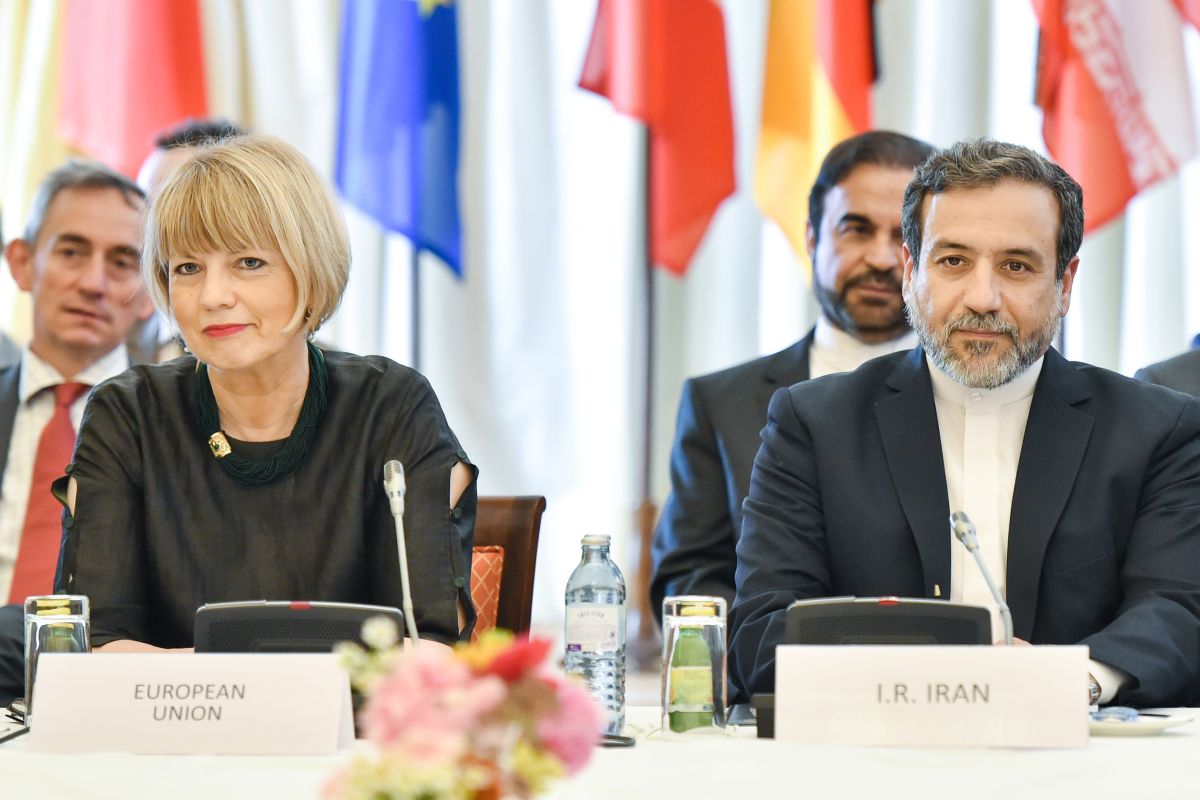The latest attempt to save a nuclear deal that limits Iran’s capacity to build atomic weapons ended without any progress being made on Wednesday.
At a summit of high ranking officials from China, Germany, Russia, the UK and France in Vienna, Iran insisted that it was willing to meet the commitments of the deal if the European Union compensates Tehran for the sanctions imposed by the United States when it withdrew from the pact in 2018.
Advertisement
The summit was held as an attempt to save the dying deal, which is in danger of collapsing under the pressure exerted by Washington on Iran, which has relaunched key parts of its atomic weapons program since the US pulled out of the agreement two years ago.
“We are discussing with the other participants how to save this deal, how to ensure Iran’s reverse to full compliance, in return for economic benefits of this deal,” Iran’s Deputy Foreign Minister Abbas Araqchi said.
Iran argues that the sanctions that were reimposed by the US after it pulled out of the deal have cancelled out the economic benefits that were guaranteed under the deal, primarily its inability to export oil, one of the pillars of its economy.
Last year, the remaining signatories to the faltering 2015 Iran nuclear deal had met in Vienna with the survival of the landmark agreement at stake after Tehran vowed to continue to breach the deal’s limits on its nuclear programme.
However, despite the mounting tension observers say Britain, France and Germany are unlikely to trigger the dispute resolution mechanism on Friday when their diplomats attend the joint commission meeting chaired by senior EU official Helga-Maria Schmid.
Since last month, European members have in turn begun raising the possibility of triggering the so-called “dispute resolution mechanism” foreseen in the accord, which could lead to the resumption of UN sanctions on Iran.
On the eve of what was already likely to be a strained meeting, Britain, France and Germany accused Iran of developing nuclear-capable ballistic missiles, in a letter to the UN.
(With inputs from agency)











